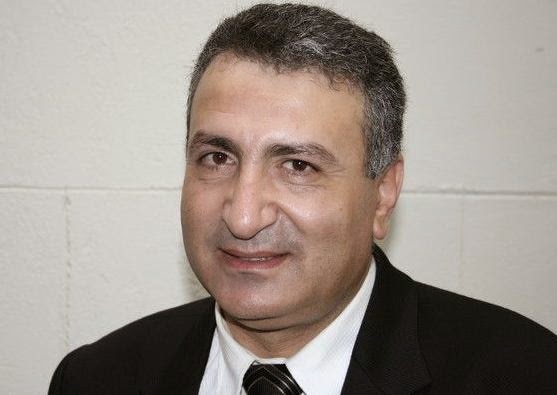A few days ago, I finished reading an important book
of which I shall have to speak again: Ari Shavit’s My Promised Land: The Triumph and Tragedy of Israel(*).
Passing over the principal topic of the book, which
addresses the history and future of the State of Israel, I would like to draw
attention to a passage without direct link to this theme. It concerns music and
what it produces in the heart and soul of people. The experience which the
author evokes touches upon one I have made repeatedly: finding peace and joy,
and even the desire for God, while listening to a musical work. “Good” music can
stir up a sense of God’s mystery. No image can depict it; it is nothing attainable
by reasoning. It is a beauty that pierces the heart and the soul.
 |
| The beginnings of Ein Harod kibbutz |
In this passage, Ari Shavit harks back to Ein Harod’s kibbutz,
in the time of the pioneers, in 1926. The kibbutzim are almost all young men
and women from Europe, uprooted and having put aside their religious tradition.
One day, the great violinist Jascha Heifetz comes to give a concert. Here is
how Shavit reports the event.
From day
one, the rough Labor Brigade pioneers of Ein Harod have had a soft spot for all
things musical. One of them has an explanation. “The playing of classical music
fills the void in our lives”, he writes.
The time of music is the only time that our communal dining room
resembles a place of worship. There is a reason for that. Leaving God behind
caused a terrible shock to us all. It destroyed the basis of our lives as Jews.
This became the tragic contradiction or our new life. We had to start from
scratch and build a civilization from the very foundation. Yet we had no
foundation to build on. We had no Ultimate. Above us there were blue skies and
a radiant sun, but no God. That’s the truth we couldn’t ignore and cannot
ignore for a moment. That is the void. And music for us is an attempt to fill
the void. When the sounds of violins fill our dining hall, they reacquaint us
with life’s other dimension. They raise the deepest, forgotten feelings buried
in all of us. Our eyes close, turn inward, and an aura almost of sanctity
enwraps us all.
This "aura of sanctity" recalls the cloud
that marked the divine presence, the Shekinah,
during the exodus of the People of God (cf. Exodus 40: 34-38): a tangible sign which
manifests an invisible presence, just as the sound of music striking our ears
and opening up a window on the infinite.
To put theory into practice, here is Mendelssohn’s
violin concerto played by Jascha Heifetz, with the Royal Philharmonic Orchestra
conducted by Sir Thomas Beecham. The recording is old (1949) and the style is a
bit old-fashioned according to current tastes, but just let yourself be moved
by the music
Fiodor
(*) Ari SHAVIT, My
Promised Land: The Triumph and Tragedy of Israel, New York, Spiegel &
Grau, 2013, 450 p.











